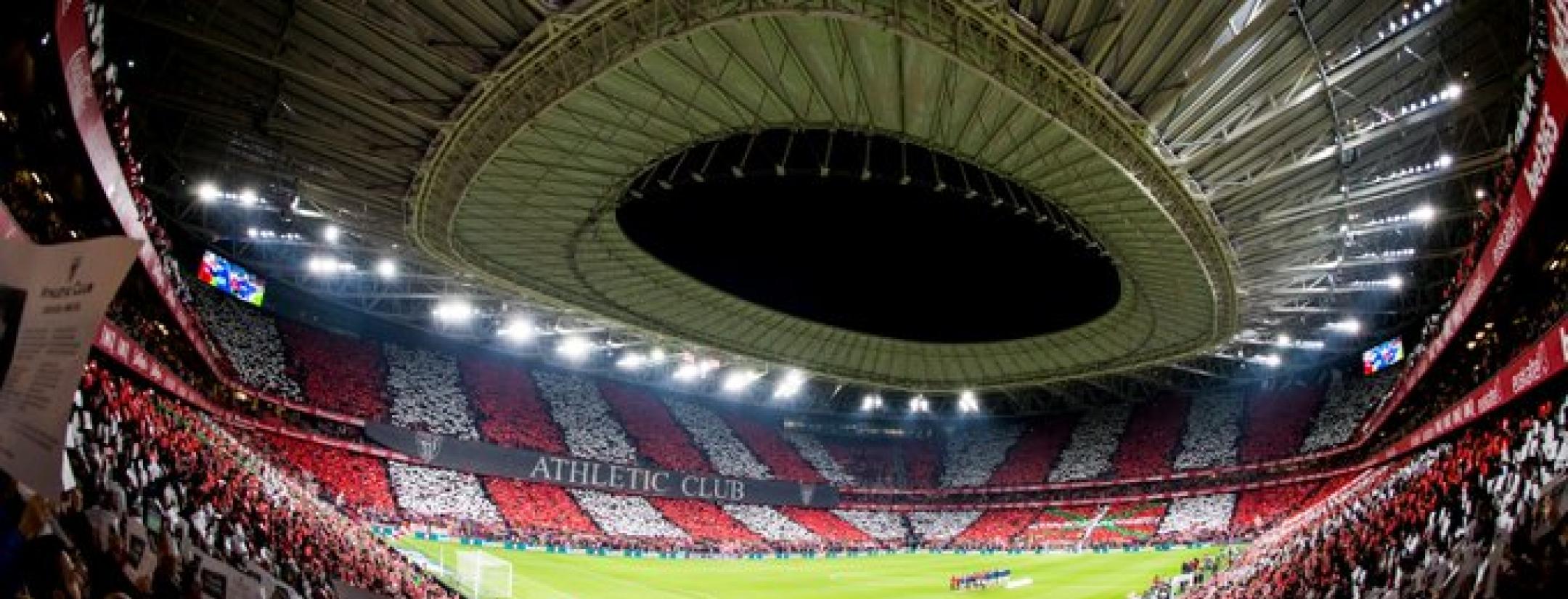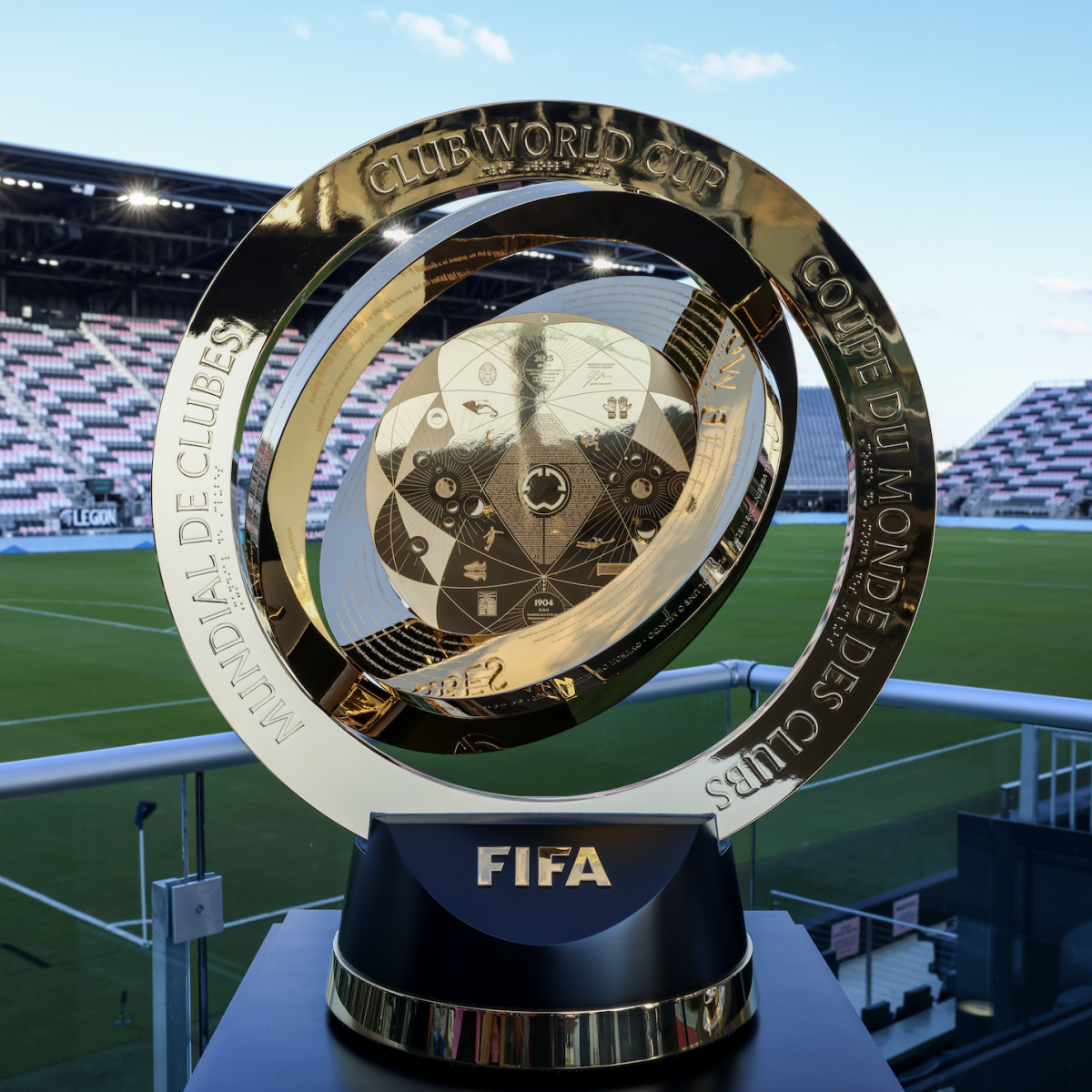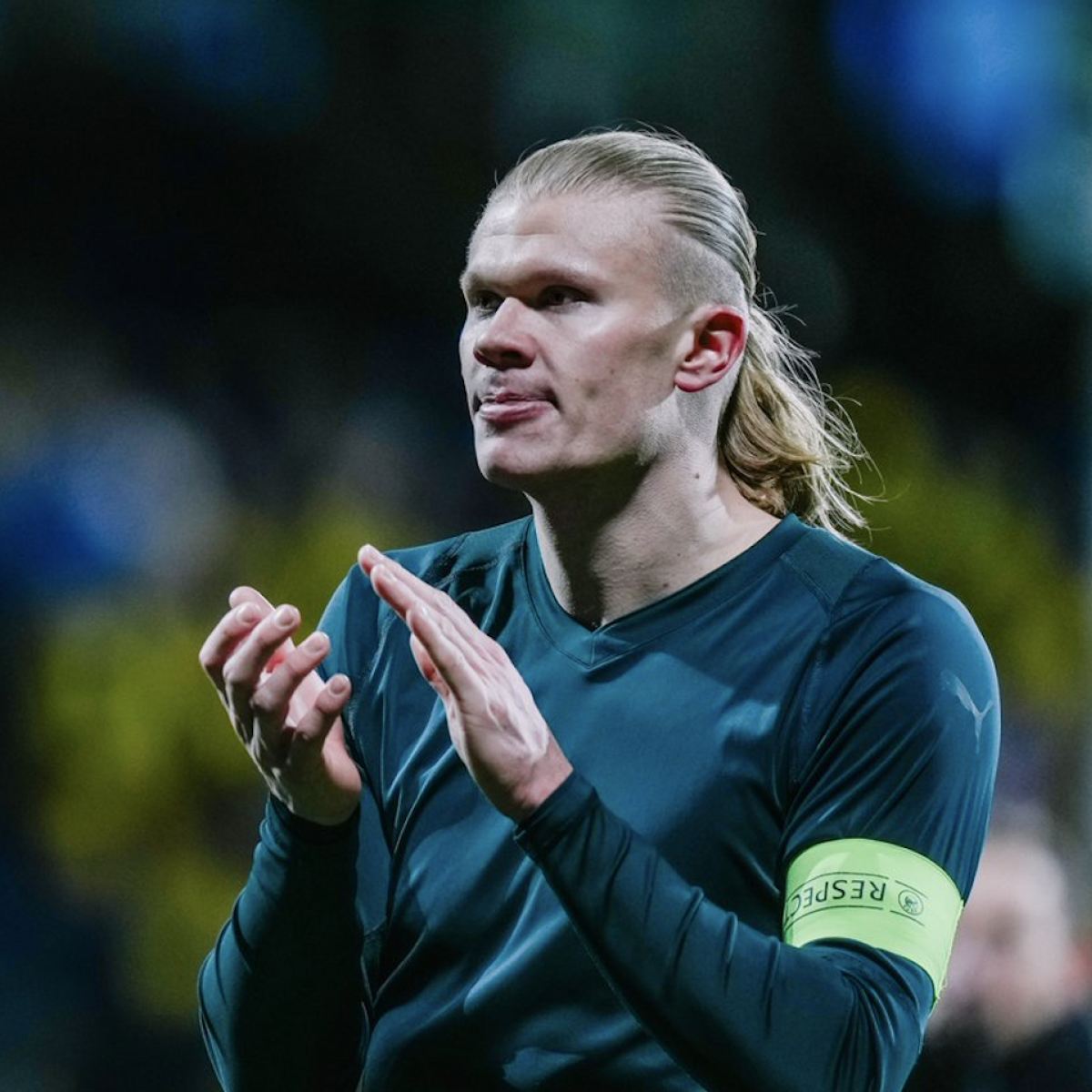It’s a confirmation of what everyone has come to understand over the past decade, but Miguel Delaney’s article in The Independent on Wednesday — entitled “How football became broken beyond repair” — is a sobering bit of realism that effectively illustrates how stale, predictable, undemocratic and hyper-capitalist the modern game has become.
Although we’re occasionally provided with a Leicester City, as Delaney argues: “To point to such exceptions as counter-arguments is the football equivalent of using a few cold days to dismiss global warming.”
The super clubs have never been stronger, their grip on titles has never been firmer and the gap between those few clubs and the rest of their domestic competition has never been larger. What’s worrying is that this trend has continued, and will continue, in a self-perpetuating cycle that’s only foreseeable future is the formation of a super league.
Of course none of that is what we want to hear. It’s easy to simply avoid the distressing business aspects of the game and to focus on the football itself — after all, la pelota no se mancha.
Spain's Copa del Rey isn’t an exception to this trend, as one of Real Madrid, Barcelona or Atlético has appeared in the final in each of the last 11 seasons. However, much to the chagrin of the Royal Spanish Football Federation and the Cup’s global viewership numbers, that won’t be the case this year.
Atlético crashed out in the Round of 32 to third-division side Cultural Leonesa, and in the quarterfinals, Real Madrid was shocked by Real Sociedad at the Bernabéu and Barcelona quickly followed when conceding a 93rd-minute winner to Athletic Bilbao at the San Mamés.
The semifinals this year consist of Sociedad, Bilbao, Granada and Segunda División side Mirandés. For the vast majority of people outside of Spain, this is the worst — ¡Hala Madrid! and ¡Visça Barça!
But for those who want the spectacle and magic of cup football, it couldn’t be better. Take, for example, the ennui that this competition has inspired in its traditional holder, Barcelona. The 2017-18 Copa del Rey semifinal between Barcelona and Valencia at the Camp Nou was witnessed by 50,959 inside the 99,354-seat stadium. This year, Real Madrid’s quarterfinal defeat to Sociedad at the Bernabéu saw the stadium at 75 percent capacity.
Barcelona’s apathy obviously has something to do with the fact that the team's won the tournament four of the last five years. As for Real, it’s a pretty damning failure that the world’s richest club hasn’t won the competition since 2014, but it’s the Champions League that drives those riches.
Alternatively, here’s the atmosphere that greeted Athletic as the team walked out at the San Mamés on Wednesday. It doesn’t get any bigger than this for a club that's desperately seeking its first piece of major silverware since a LaLiga and Copa del Rey double in 1983-84.
The Cup match starts at San Mamés!
Come on, Athletic! ‼
0-0 I #AthleticGranada #BiziAmetsa pic.twitter.com/7IMuTpTmRD
— Athletic Club (@Athletic_en) February 12, 2020
And if you’re going to dedicate your time, as a neutral, to watching, you want not only committed fans, but committed participants. Compare Zinedine Zidane’s reaction to being eliminated with that of Athletic Bilbao’s Artiz Aduriz.
“We’ve analyzed the game,” said Zidane after the defeat to Sociedad. “We’re not happy with the outcome, but luckily there’s another (LaLiga) game just three days later and now we’re focusing on that game. It’s not the end of the world.”
For Aduriz, the 39-year-old Bilbao legend who’ll retire after this season, this is the entirety of his existence funneled into, potentially, three more games.
“We are a little tired of seeing Barcelona and Real Madrid win everything,” he said after the win over Barcelona. “I've been fantasizing about winning the Cup for a long time. At the beginning, it was a fantasy, and it may be closer now, although it's very difficult. Imagine retiring from football this season and winning a title. It’s anyone’s dream.”
This season, the path to the finals was changed to encourage upsets. Two-legged contests used to be played from the Round of 32 through to the semifinals; this year, the semis are the only round with two legs. The final is a one-off match at La Cartuja in Seville.
Of course those upsets have already mitigated the impact of the tournament outside of fervent pockets of support in Spain. I think the lack of noise from ESPN, which holds the Copa broadcast rights but did absolutely nothing with regards to its promotion, has everything to do with a theory from The Guardian’s Mariana Hyde that I agree with: Football fans detest talking about football.
“They mainly don’t even want to read about it,” explains Hyde. “Tactics, technique, deep analysis — these are niche interests and obsessions, in which most people largely feign vaguely respectful interest because they’re regarded as being a traditional but clearly tangential part of the much larger experience.
“By contrast, they — indeed, we — are unable stop talking about what might be termed football-adjacent matters. A huge part of being a football fan in keeping with the times is having well-aired views about things that are not football: people, money, all manner of social media dramas, the antics of a vast firmament of soap opera characters to hate, envy, occasionally even love.”
With this in mind, could there be anything more boring — from ESPN’s perspective — than a meeting between Bilbao and Granada? Bilbao, with its cantera policy of signing only Basque players, is largely free from today’s core-functioning dictates of content. Meanwhile, Granada is just returned to Spain’s top division after a two-year hiatus. The closest the club’s ever come to major silverware was a Copa del Rey runners-up finish in 1959.
But if we only cared about the football, good god, what an occasion.
Since it’s Bilbao, there’s not a touch, turn or moment of inspiration that can’t be classified under feel-good news. The opening and only goal from Wednesday’s first leg was scored by club captain Iker Muniain.
Muniain has been with Bilbao since joining its youth ranks in 2005. The glorious assist, provided via nutmeg, was supplied by Iñaki Williams, who joined the youth setup in 2012.
The second leg at Los Cármenes in Granada takes place on Thursday, March 5. The first leg of Real Sociedad vs. Mirandés goes down Thursday at the Anoeta.




